 From The Times:
The Tate’s Alex Beard is new Royal Opera House chief executive
Richard Morrison Chief Music Critic
March 19 2013
Five stars for unpredictability anyway. After a global search for a successor
From The Times:
The Tate’s Alex Beard is new Royal Opera House chief executive
Richard Morrison Chief Music Critic
March 19 2013
Five stars for unpredictability anyway. After a global search for a successor to Lord Hall of Birkenhead, the Royal Opera House’s new chief executive will be a backroom boy who featured on nobody’s list of runners and riders. He is Alex Beard, the deputy director of the Tate Gallery for the past 11 years.
Mr Beard will start in September, but be available for “consultation on key strategic matters” before that. And at £250,000, his salary will be considerably less than the reported £390,000 drawn by Lord Hall, who starts as director-general of the BBC on April 2. All sorts of names — from the editor of The Guardian to the directors of just about every major opera house or festival in the world — were rumoured to be in the running for the Covent Garden job. But the ROH’s board of trustees, led by the merchant banker Simon Robey, clearly plumped for a safe pair of hands (and an eagle-eyed balance-sheet scrutiniser) rather than a charismatic personality. The Tate is so strongly identified with its director, Sir Nicholas Serota, that Mr Beard has a near-invisible public persona. Nevertheless, in his 19 years at the Tate he set the business plan for the creation of Tate Modern and spearheaded the capital development programme that enabled the gallery to expand its operations in London and St Ives. He has overseen all the business operations of the Tate’s galleries since 2000. Nor is he a total stranger to opera. He has sat on the board of Glyndebourne Productions since 2008, and is said to have a “lifelong interest” in music. He began his working life at KPMG, before toiling worthily for seven years at the Arts Council on “business assessment”. First reaction from the opera and ballet world, after “who he?”, was cautiously positive. The Royal Opera House - which, with a turnover of £110 million and a public subsidy of £28 million, is the largest arts organisation in Britain - already has a world-class music director in Sir Antonio Pappano, and artistic leaders for both the Royal Ballet and the Royal Opera. The chief executive role is much more managerial and financial than creative. Nevertheless, Beard will have to be creative to keep its books balanced and its audiences up at a time when arts subsidy is falling and the recession biting into corporate sponsorship. Hall managed to reduce Covent Garden’s level of subsidy from 40 per cent of turnover to 25 per cent, and there will be strong political pressure on his successor to use Covent Garden’s unsurpassed connections with big business and wealthy philanthropists to make the theatre even less reliant on the taxpayer. Opera and dance lovers will also be hoping that Beard can bring a little of the Tate’s glamour and popular appeal to the much stuffier ROH. Tate Modern had astonishing success in 2011, cashing in on the Olympics to raise its visitor figures by 10 per cent to a record 5.3 million. One question is how much the huge success of the Tate “brand” has been due to Serota’s vision and leadership, and how much to the unseen finesse of his deputy. Another is how Beard will adapt, with no prior experience, to running a performing organisation - especially one with as many highly-strung divas passing through its stage door as the ROH has. At least he will inherit an organisation perceived to be going through a golden period. When Hall was appointed, in 2001, he was the fifth chief executive at the ROH in five years, and took over an opera house in seemingly perpetual crisis, with torrid backstage battles between unions and management. At one point it was 24 hours from bankruptcy. Hall steadied the ship, but also made visionary innovations. Covent Garden’s “elitist” image was countered by investment in high-tech ways of disseminating its shows to mass audiences, most notably through simultaneous relays to cinemas and open-air screens. He also introduced on-the-day tickets for as little as £4 and got the ROH involved in youth-training and community schemes. Beard will need to build on all that, and find new ways of using digital technology to take the Royal Opera House’s productions to new audiences in an increasingly competitive global market.





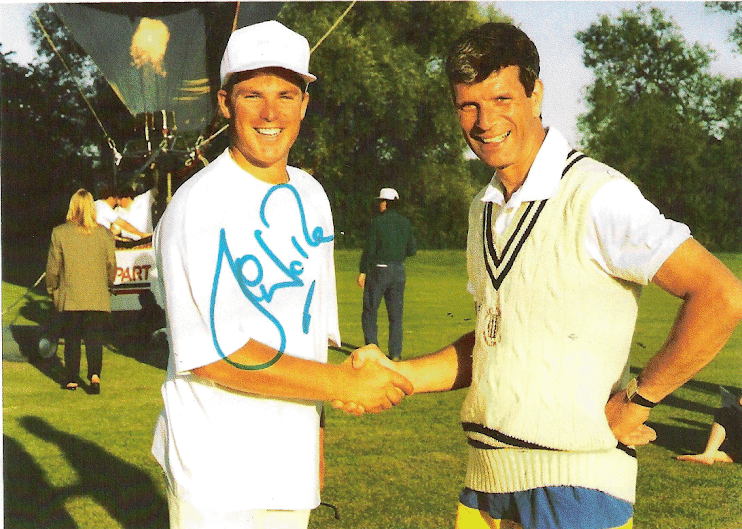
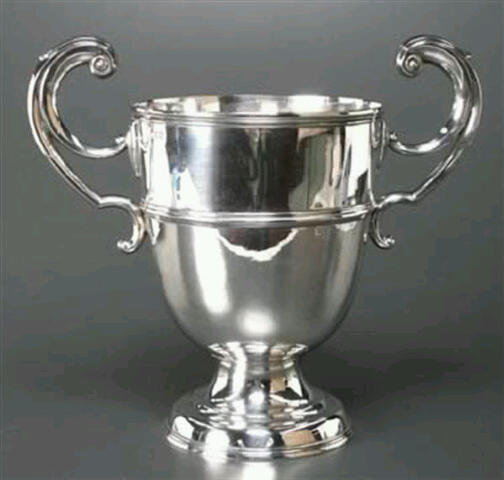
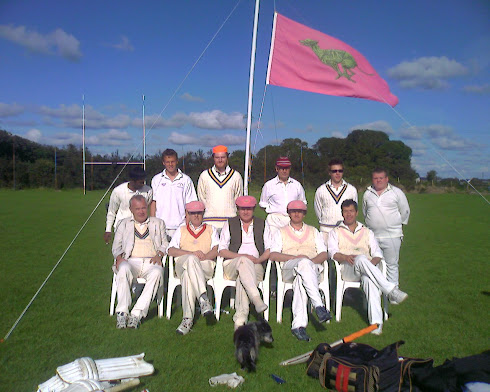



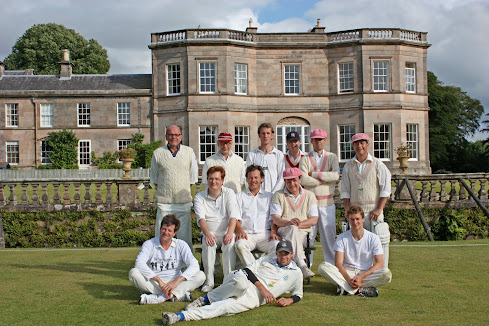



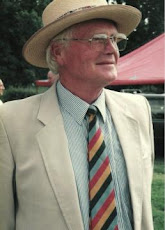


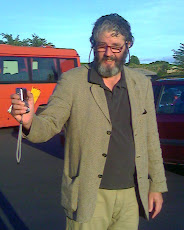


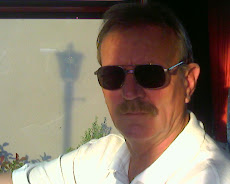
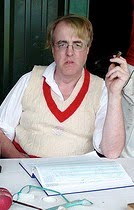














No comments:
Post a Comment